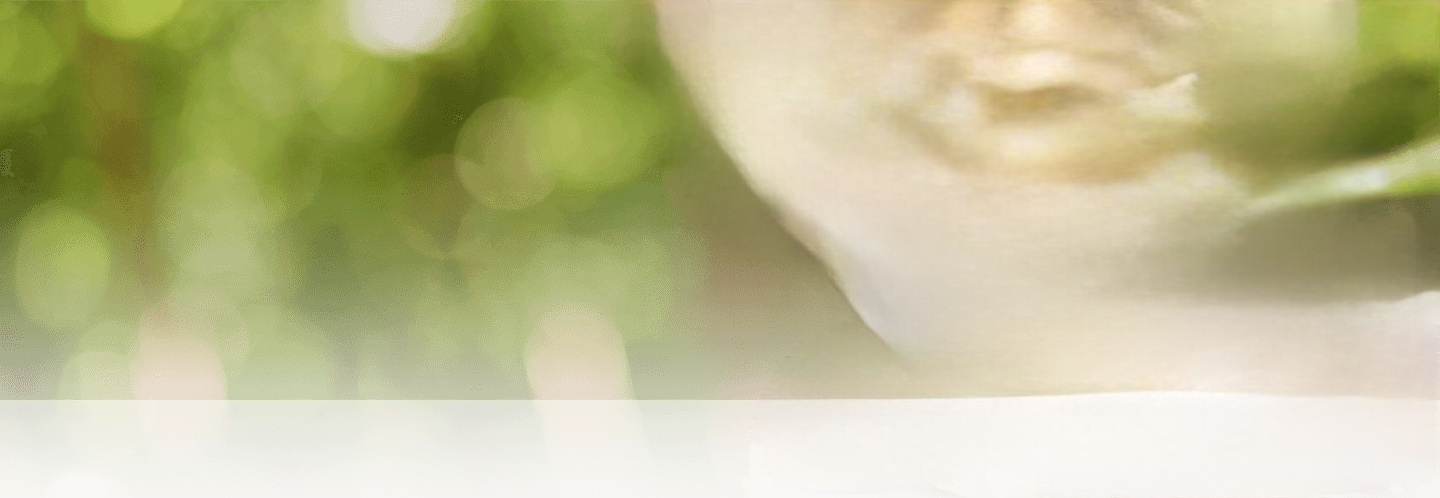Skin Cancer Treatment and Removal in Sydney
Skin cancer is the most common form of cancer in Australia. Overwhelmingly, skin cancer is related to sun exposure. Over half of the Australian population will develop a skin cancer in their lifetime. With the ubiquitous “Slip, Slop, Slap” campaign and increased awareness of the dangers of excess sun exposure, the medical community is hopeful that the incidence of skin cancers will be reduced in future generations.
There are many ways to treat skin cancers, mainly depending on cancer type. Sydney skin cancer treatment may involve topical creams, liquid nitrogen (freezing), surgery, radiotherapy or even chemotherapy. Plastic surgeon A/Prof Damian Marucci offers treatment and removal of common skin cancers.
Non-Melanoma Skin Cancers
The most common types of skin cancers in Australia are called non-melanoma skin cancers, and these are subdivided into BCC (Basal Cell Carcinoma) and SCC (Squamous Cell Carcinoma).
Basal Cell Carcinoma
BCC is the most common type of skin cancer and directly related to sun exposure. The growths or lesions tend to occur in sun exposed areas, especially on the face, scalp and neck. BCC can present in different ways — some lesions resemble plaques of scaly skin, some are like nodules, some are ulcers, some are even pigmented. BCC lesions slowly enlarge over time. Thankfully the growths don’t spread to other parts of the body (like the glands, liver or brain), but they will continue to increase in size and depth until they are effectively treated. Early BCC can be treated with scraping or freezing by your GP or dermatologist. Some types of BCC can be treated with creams that trigger your immune system to eliminate the cancer. However, many BCC lesions need to be surgically excised by a plastic surgeon that offers skin cancer treatment in Sydney. The size, location and depth of the BCC lesion will determine how much surgery is required and what sort of reconstruction (if any) is needed.
Squamous Cell Carcinoma
SCC lesions or growths are similar to BCC in that they are related to sun exposure and can present as ulcers, nodules or plaque-like areas. Often it is hard to know whether a particular skin lesion is BCC, SCC or just an area of sun-damaged skin. There are different grades of SCC. The earliest form is called SCC in situ or “Bowen’s Disease.” This is characterized by skin cancer cells that sit on the top layer of the skin and haven’t yet penetrated into the skin properly. For SCC that have penetrated into the skin, they are classified in terms of how aggressive they are, from “well differentiated” (least aggressive) to “poorly differentiated” (most aggressive). Unlike BCC, SCC can spread to other parts of the body, so they’re a bit more serious. Surgery for SCC, like BCC, depends on the size, depth and location of the cancer.
Melanoma
The most serious, and well known, skin cancer is melanoma. Melanoma normally presents as dark spots on the skin with irregular outlines, which increase in size. Melanoma can spread to the glands and other parts of the body. How dangerous a melanoma is can be predicted by how thick the lesion or growth is when it excised and examined under a microscope. As a result of this, surgery for melanoma is often in two stages: an initial stage to remove or biopsy the area, and then a second operation to remove further tissue in the area (and possibly even the local glands), depending on how thick the melanoma is. Melanoma growths or lesions that spread to other parts of the body are obviously very serious, and further investigations like blood tests, CT and MRI scans are often required.
There are other rarer types of skin cancers, skin sarcomas, which have names like Atypical Fibroxanthoma (AFX) and Dermato Fibro Sarcoma Protuberans (DFSP). These cancers almost always need surgical excision, sometimes with other treatments as well such as radiotherapy.
A diagnosis of skin cancer does not mean permanent disfigurement. Plastic surgeons have a range of techniques to minimise scarring and downtime and maximise function and the cosmetic results.
Learn More about Skin Cancer Removal in Sydney
If you have been diagnosed with skin cancer and are exploring your options for treatment and removal Sydney plastic surgeon Damian Marucci can help. Call or email our offices to schedule an informational consultation and discuss the available treatments.
